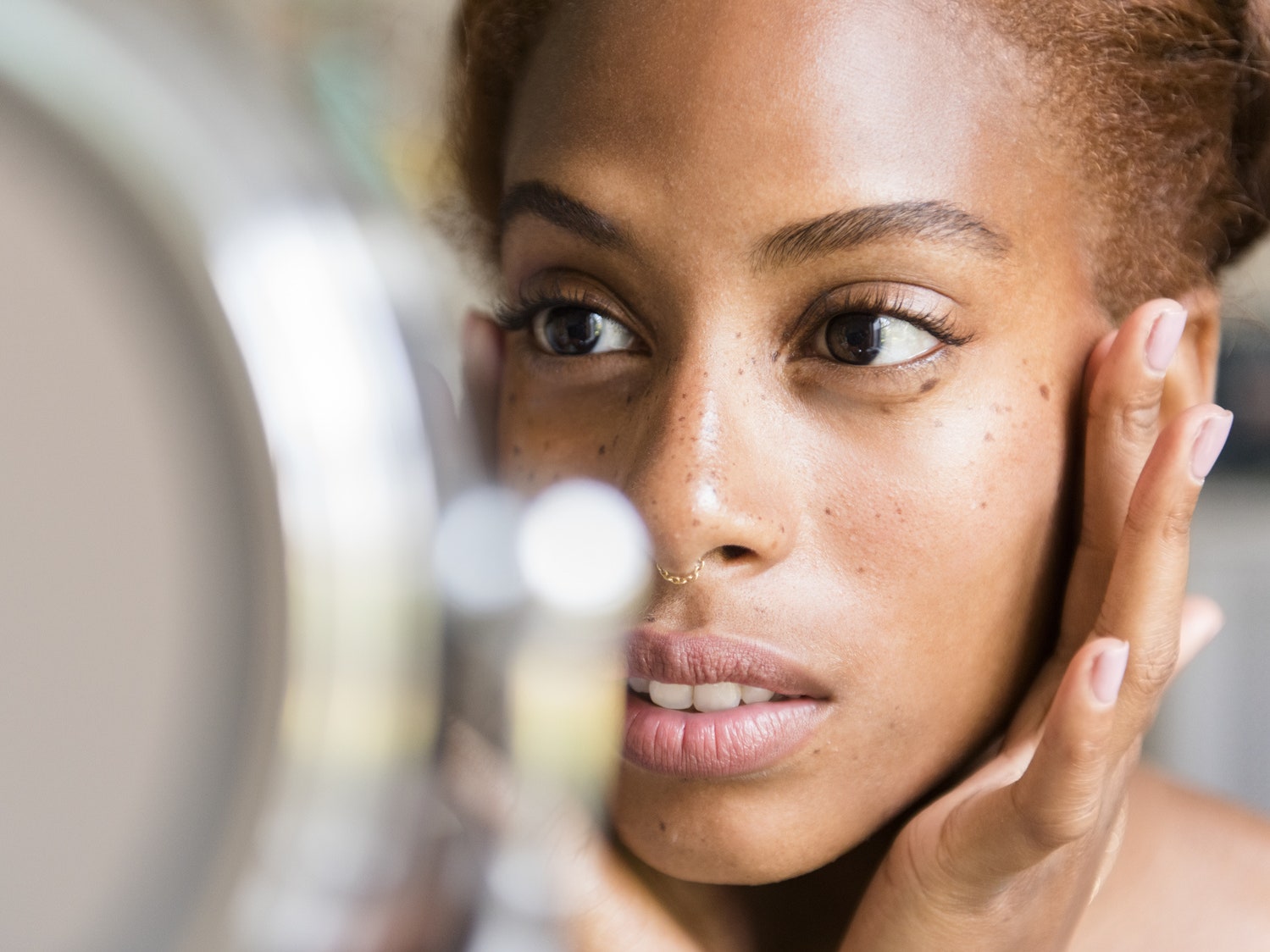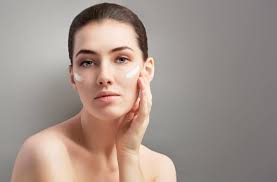How to Prepare for Your Dermatology Appointment for Acne
It’s time for your first dermatology appointment, and you want to be prepared. While you may not feel like celebrating, it actually is a big deal. This appointment is the first step on your path to clear skin. To get the most from this appointment, a little preparation is in order. This will help you feel confident in your treatment plan, and ensure you get the results you want. Here are a few easy things you can do to get ready for your upcoming appointment with the dermatologist.
Write Down All of Your Questions
Before you go see the dermatologist, make a list of any questions you have. Some questions you may want to ask: What type of acne do I have? What can I do in the short term to improve my acne? How long will it take to see results? Or anything else you would like to know. Bring that list of questions with you to your appointment. When you’re in the exam room, it’s hard to remember everything you wanted to ask your dermatologist. You don’t want to be out in the parking lot after the appointment before realizing you forgot to ask a question or two that you desperately wanted answered.
Be Prepared to Answer Some Questions, Too
Your dermatologist will have some questions for you too. Like, how long have you had acne? And, what treatments have you tried so far? Be ready to answer questions about your medical history as well, even issues that don’t necessarily have to do with your skin. Your dermatologist will ask about any health issues, past and present. They will also want to know about family’s health history if they’ve had acne or skin cancer for example. The doctor isn’t being nosy. Your dermatologist will need to know all about your health, and not just your skin health, in order to properly help you.
Bring a List of All Acne Treatment Products You’re Currently Using
Make a note of any treatment you’re currently using for your acne, both prescription medications, over-the-counter acne treatments, and skin care products. It’s more important to list the active ingredients in your over-the-counter products than the actual name of the product. For example, instead of just writing down Oxy, note that the active ingredient is 5 percent benzoyl peroxide. Be prepared to tell the dermatologist everything you’ve previously tried, how long you used it, and what type of results you had.
Bring a List of All Other Medications You’re Taking
Your dermatologist will also need to know about any other medications you’re using, even if they have nothing to do with acne. If you don’t know off the top of your head the specific names, check the label and write it down prior to your appointment. This is important to avoid any potential drug interactions between the medications you’re currently using and new acne medications your derm may prescribe.

There is no one-size-fits-all solution to acne.
All the dermatologists we talked to agreed on this point. Every patient responds to treatments differently, and sometimes it can get worse before it gets better. But finding the right treatment for you is part of acne self-care, and with the help of your dermatologist, you can find an acne treatment regimen that’s best for your skin. And yes, it really is helpful to work with a derm to get it right—especially if your acne is more than occasional or mild.
First, your derm will examine your skin to determine the severity of your acne to give it a grade (grade 1 is mild; grade 4 is severe) and figure out which type (or types) you have, the AAD explains. Then, they’ll see which type of treatment would work best: topical or oral (or both). Here’s the difference between each, per the AAD:
- Topical acne treatment: This is the most common type of acne treatment. Some work by killing acne-causing bacteria while others get rid of acne by decreasing oil. The ingredients in topical acne treatments may include retinoids, benzoyl peroxide, antibiotics, or salicylic acid.
- Oral acne treatment: These medications, which work internally, are prescribed when you have red, swollen pimples (acne cysts and nodules). They can come in different forms such as antibiotics (which kill bacteria and decrease inflammation), birth control pills (which helps with hormonal acne), and isotretinoin (commonly referred to as Accutane, even though that specific brand has been discontinued).

What can you do to prevent it
Eating healthy, staying hydrated, getting enough sleep and exercising are great places to start when it comes to acne and getting good skin. Since acne is linked to inflammation and hormones, taking a total body approach is more likely to help than focusing on specific skincare products that can only do so much.
That said, maintaining a good skincare regimen is recommended by dermatologists. You don’t need to buy expensive products to do that either. A simple face wash, moisturizer and a targeted serum (like one with acne-fighting ingredients like benzoyl peroxide or salicylic acid) can go a long way. Don’t forget to wash your face, especially before bed to prevent clogged pores and a buildup of oil.
lways remove your makeup, and cleanse after you go to the gym, too. Sweating at the gym and leaving without cleansing (even if it’s just for an hour or so) is a recipe for clogged pores fast. You don’t want all the dirt, bacteria, sweat and oil to hang out on your skin for too long.

You Can Treat It
While a pimple will eventually go away, if you have outbreaks a lot, the skin problem that brings it on typically won’t go away by itself. And if you don’t treat it, you could end up with scars.
A skin doctor (dermatologist) can help. She might suggest a cream, lotion, gel, or soap that contains ingredients that can help. Many can be bought without a prescription:
- Benzoyl peroxide kills bacteria and removes extra oil.
- Resorcinol is for whiteheads and blackheads.
- Salicylic acid keeps pores from getting clogged.
- Sulfur removes dead skin cells.
- Spironolactone blocks excess hormone.
For more serious acne, your doctor may prescribe:
- Antibiotics to kill bacteria
- Birth control pills for women with acne due to hormones
- Isotretinoin to help you make less oil
You may need a combination of oral medicine and a cream or lotion. Don’t stop using your treatments if your skin clears. Stick with it until the doctor tells you to stop. This can help keep acne from coming back.
Determine if your dermatology needs are medical, surgical, or cosmetic
Chances are you have a concern you want to solve, but not every dermatologist is suitable. Dermatologic care, like any other type of medical care, must be specific to your needs as a patient. This is a transactional service after all.
you should start by asking yourself if your needs are:
- medical (e.g. cystic acne or rosacea)
- surgical (e.g. removal of a benign growth or nodular melanoma)
- cosmetic (e.g. facial sculpting)
They can even be all the above or a combo of two. For example, eye bag removal is both cosmetic and surgical.
Ideally, you should choose a dermatologist whose specialty most closely aligns with your needs. When in doubt, call the doctor’s office and ask if the dermatologist you’re likely to see is experienced in treating your specific areas of concern.
If they imply that they may not be right for you or that you require a specialty service they don’t offer, don’t be afraid to keep looking.